World Horse Welfare’s response to Panorama’s programme on the treatment of retired racehorses
Posted on 20/07/2021
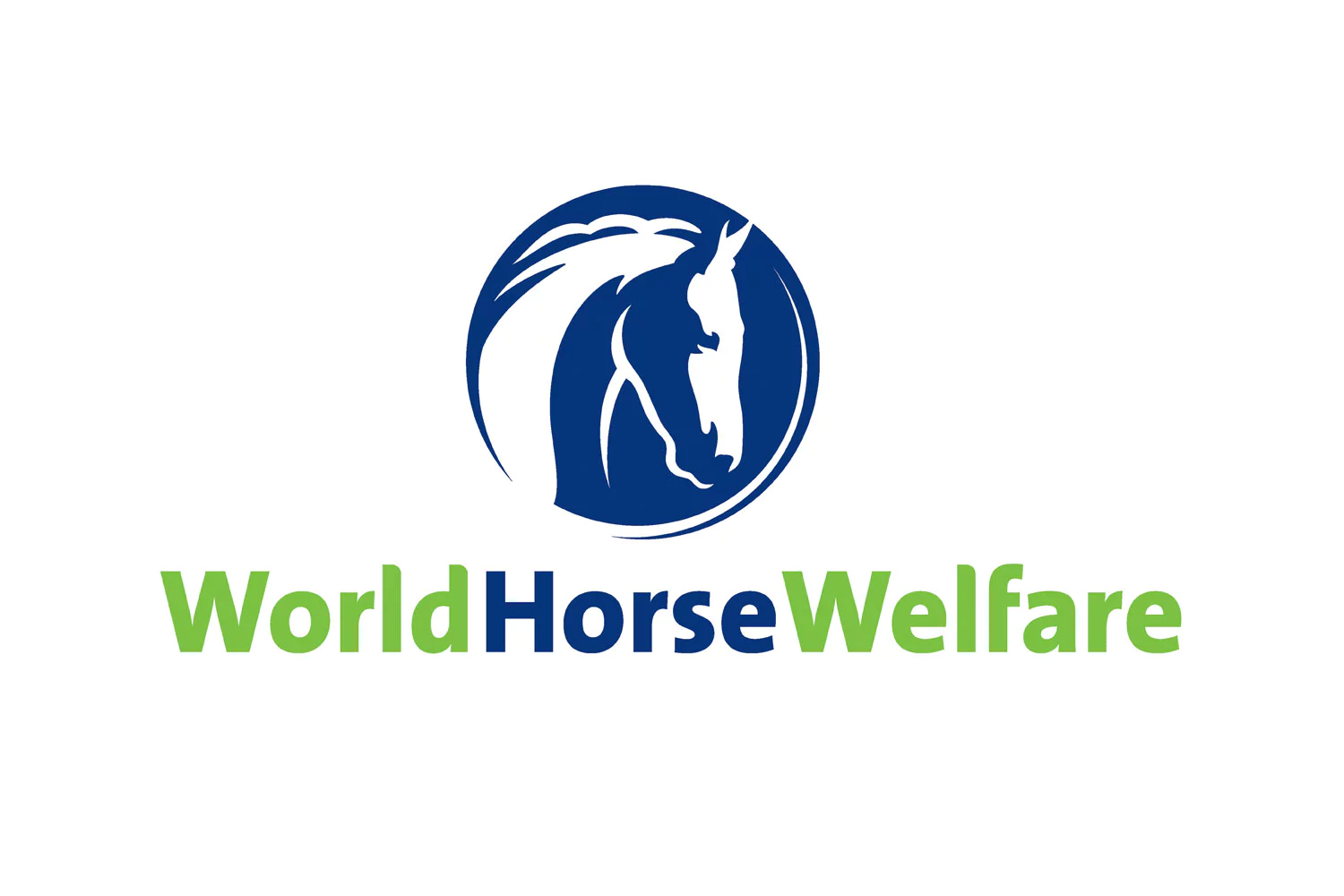
Responding to Panorama’s Monday night programme (19/07/2021) on the treatment of retired racehorses, Roly Owers, World Horse Welfare Chief executive, said:
“Panorama has shone a spotlight on the consequences of individuals involved in the racing industry not exercising their duty of care, and the standards of practice of euthanising retired racehorses. These are issues of great concern to very many people in the horse world and very many more outside of it. The reaction shows how strongly the public feels about it. The programme also raises far bigger issues than what appear to be shocking practices of one abattoir – from breeding programmes to training regimes, to lack of regard for horse welfare during transport, to the integrity of our passport system and, therefore, the traceability of racehorses. The industry, from top to bottom, needs to sit up and take note.
We at World Horse Welfare support horses taking part in sport and we welcome the progress that has been made in racing recently, especially the publication of British racing’s Horse Welfare Board strategy and Defra’s Action Plan on Animal Welfare. However, the programme is a timely reminder of the significant gap that exists between good policy framing and effective implementation. The industry must reflect, urgently, on whether it is doing enough quickly enough. It must step up on aftercare and should not shy away from issues like euthanasia and slaughter. As upsetting as it is, if done humanely, this can be the least worst option to prevent the suffering of horses who cannot be rehomed or would otherwise suffer in retirement – but we need more confidence that abattoirs are following welfare laws. More broadly, the industry must look at this issue in the context of the commercial incentives which seem to be driving some of these deeply disturbing outcomes and, in this context, consider the broader issues of horse welfare in transport, traceability and the regulation and availability of abattoirs. The welfare strategy needs to be joined up and come to life through coherent and practicable policies to help ensure a consistent approach which the whole sport can buy into.
The programme reminds us that it is the duty of everyone involved, be it an owner, trainer or racing industry professional to take proper, considered responsibility for the horses with which they are entrusted.
For horse racing to have a sustainable future it must have zero tolerance of unacceptable behaviour and low standards of welfare. The horse human partnership is a wonderful thing, and a force for good in so many areas but there is no place in our society for its abuse.”
Topics
Related News

A historic moment: UK bans live export of horses for slaughter
We are celebrating a monumental victory in animal welfare
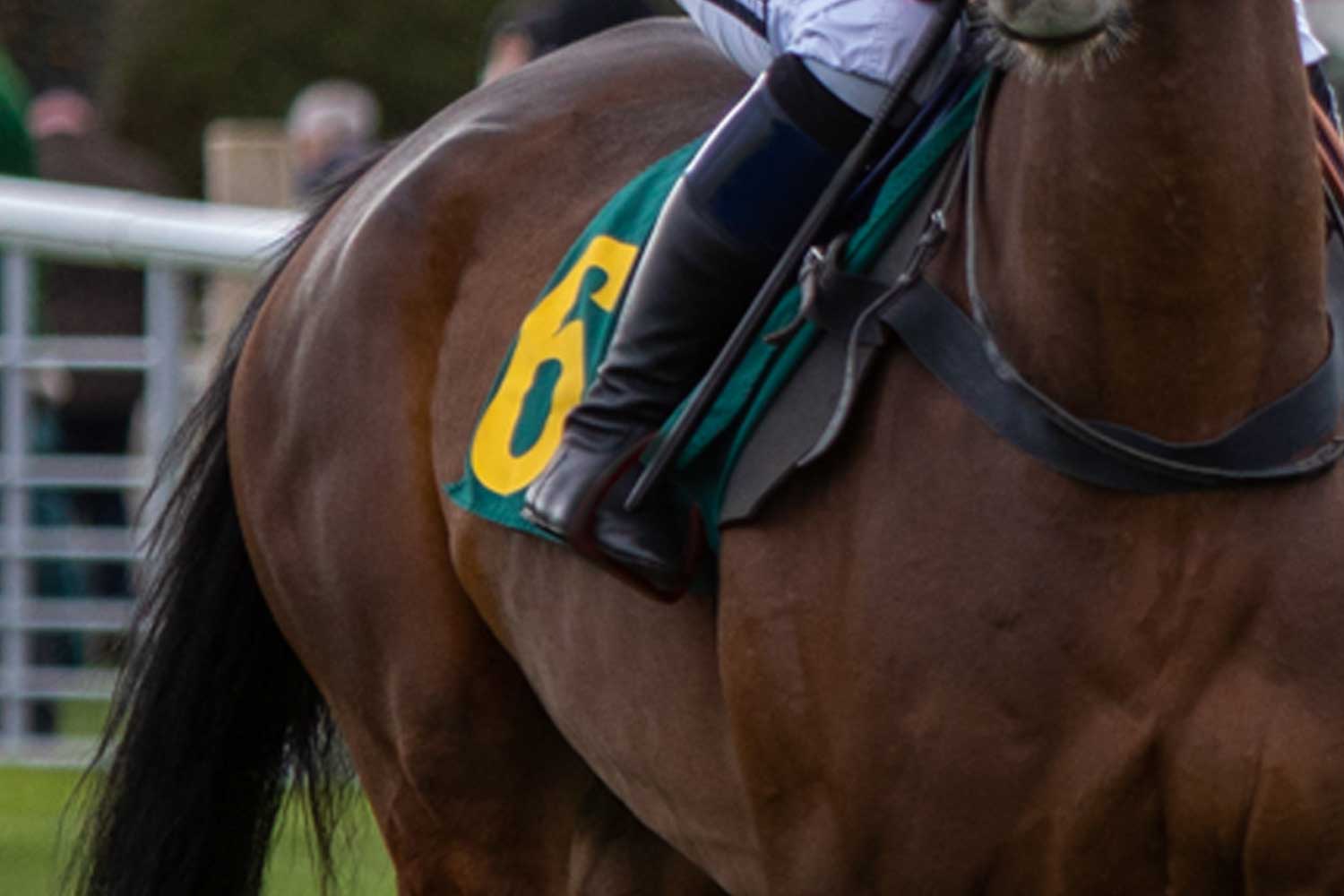
The British Horseracing Authority’s review of the use of the whip in horse racing: our response
On 12th July 2022, the British Horseracing Authority (BHA) released the results of its review into the use of the whip in horseracing.
Recommended Blog Posts
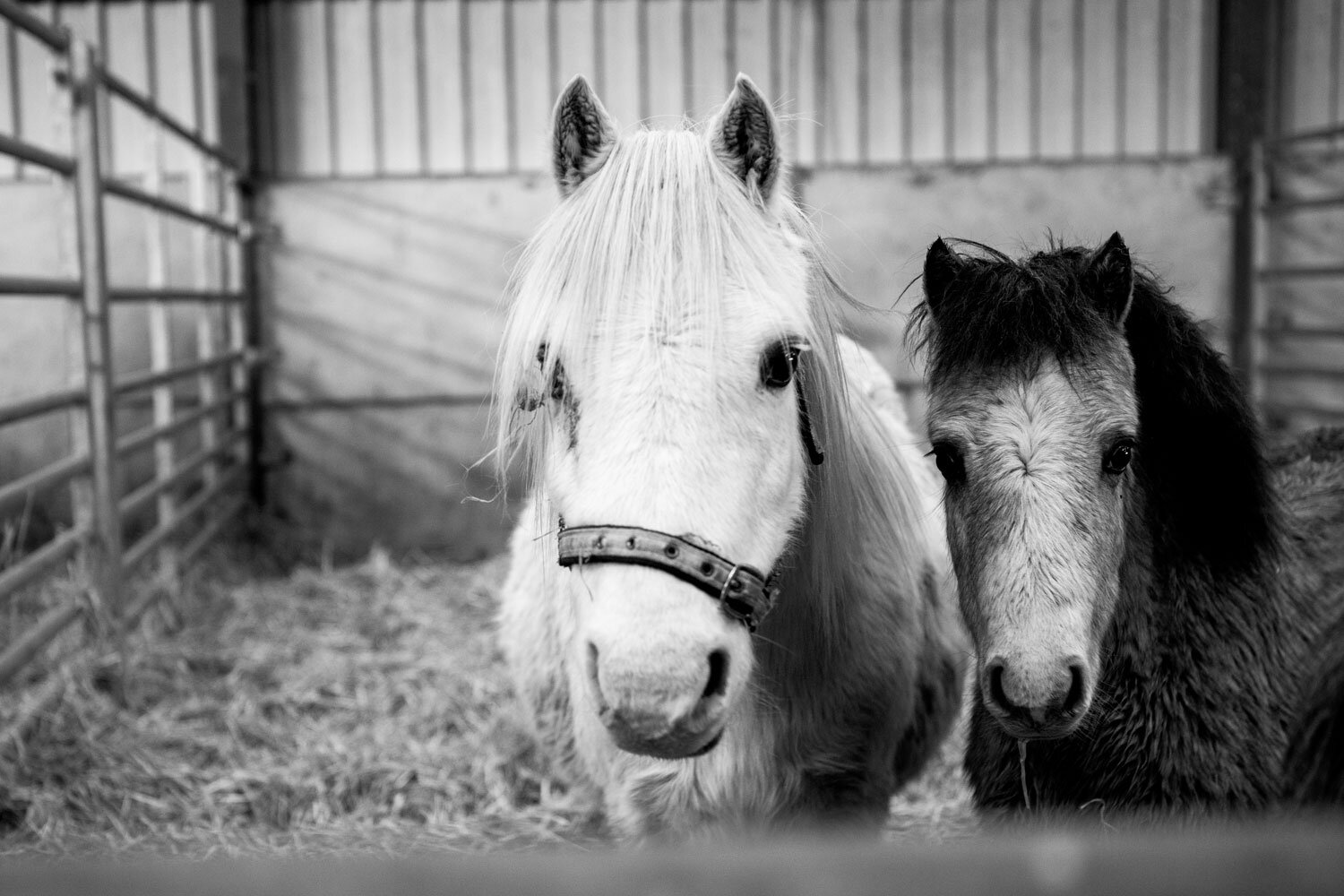
Why do horses come into our care? Is that the only successful outcome of a case?
Chief Field Officer Claire Gordon explains how horses and ponies can come into our care for all kinds of reasons and from all kinds of situations.
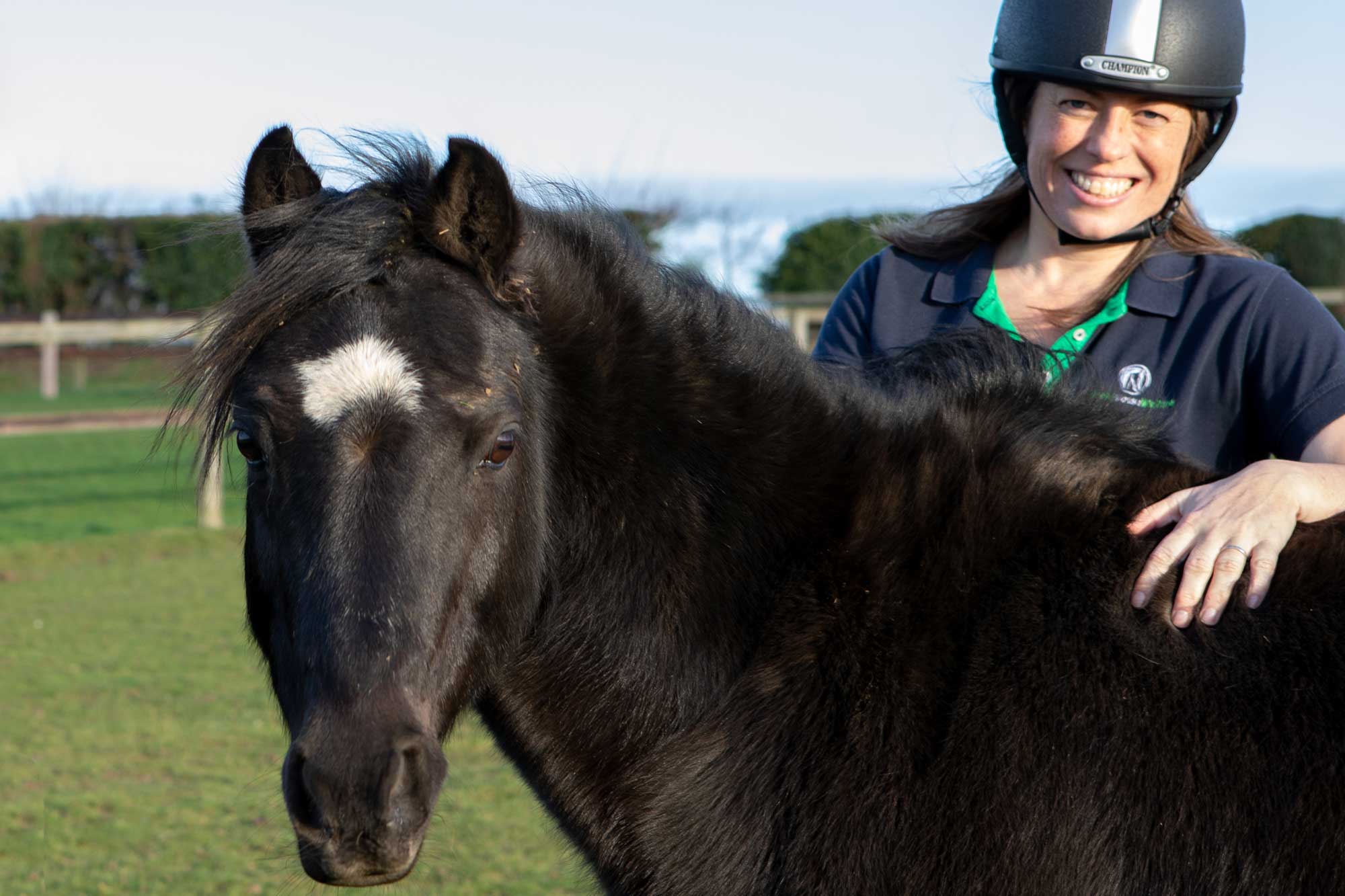
Can you cut the costs of horse ownership without compromising on their care?
Chief Field Officer Claire Gordon looks at ways to cut costs without compromising on care.
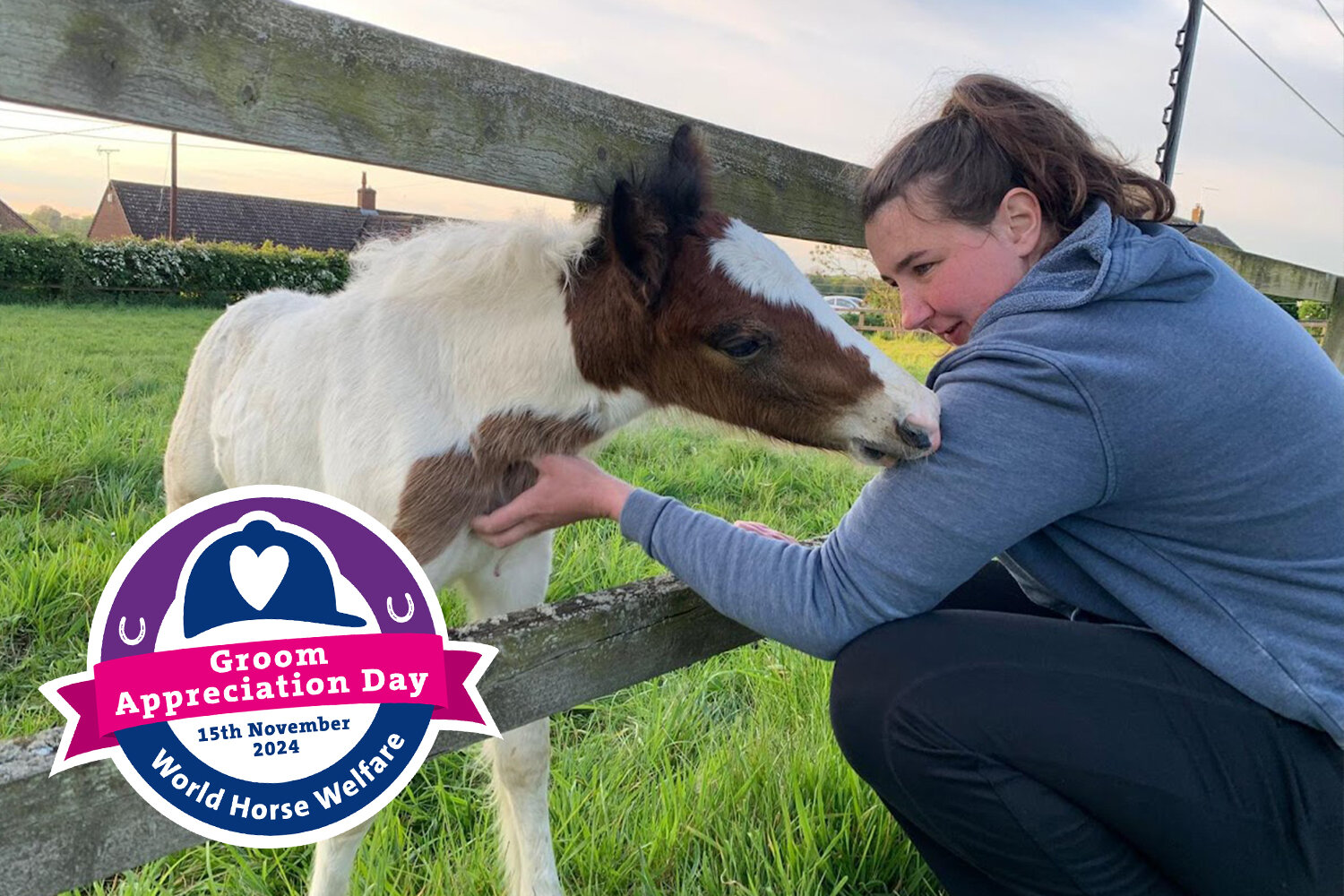
Meet some of our often-unsung heroes on Groom Appreciation Day – Kathryn at Hall Farm
"It can be quite the emotional rollercoaster, ranging from the joy of a horse being rehomed to the perfect long-term home, to the pain of seeing a severely neglected foal lose its battle to live."
Enjoy reading stories like this?
Join over 65,000 other horse lovers and sign up for our email newsletter

Join over 65,000 other horse lovers and sign up for our email newsletter
Sign me up now